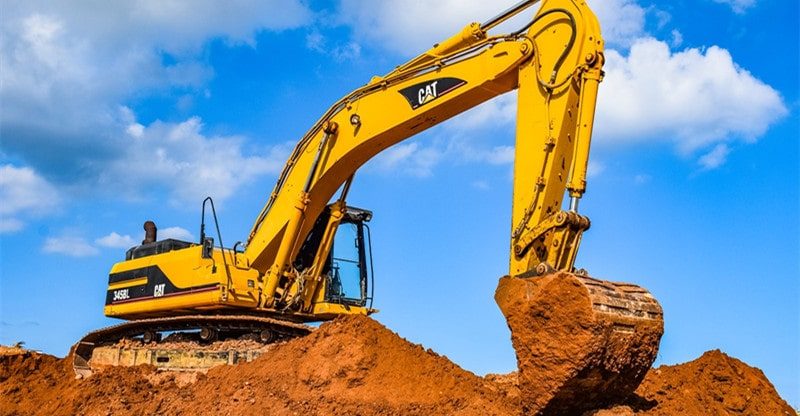6 Things To Consider When Procuring Heavy Equipment
Purchasing heavy equipment is a sizable investment for any business, and you do not want to have buyer’s regret when making these large purchases. Procuring heavy machinery is about finding the right equipment for the job while staying within the limits of your budget. Careful planning before buying heavy equipment is ideal if you want to avoid making costly mistakes.
Here are some practical tips on procuring heavy equipment.
1. Aftermarket Parts
Irrespective of how elaborate your maintenance procedures are, all equipment will wear out over time. When that happens, you will want to replace worn out parts with new ones. That way, you can extend the machine’s lifespan. The availability of aftermarket parts is therefore a critical factor when choosing the best make and model for your business.
Weak or inconsistent supply is a sure path to unnecessary and expensive downtimes. So if, for instance, you are going to buy Caterpillar machinery, you want to be sure there is easy access to aftermarket caterpillar parts.
2. Project or Work Specifications
Two organizations buying the same equipment will not necessarily use it for the exact same project or work. So while the machinery may be appropriate in one situation, it could be an over- or under-investment in another. Define your project or work specifications. That should include expected length of use as well as the typical work environment.
Areas with excessive dust or uneven terrain may call for specific features or safety requirements. If the equipment is intended for diverse projects, a review of past projects could give you a sense of the capabilities you should be looking for.
3. Transportation
Any equipment, once purchased, has to be moved to the business’ location or job site. This is usually not a big factor when you are talking about tiny machines such as power tools. However, this is an entirely different ball game when it comes to heavy equipment shipping.
The logistics of moving such equipment can be so complex and expensive that it becomes an integral factor in your buying decision. Some manufacturers have a strong network of dealers that will help minimize the distance equipment has to be moved to get to you.
4. Used Equipment
You do not necessarily have to buy brand new heavy equipment. Often, you can enjoy huge cost savings by opting for used machinery that is still in relatively great shape.
What’s more, used equipment does not experience the rapid depreciation that new machinery does. Most depreciation occurs during the first year of use, so if you are going for older machinery, you do not have to worry about lost value.
5. Reputable Dealers
If you are going to be spending thousands or millions of dollars on machinery, you have to be certain that you are working with a reputable dealer. Just because a dealer has the endorsement of the manufacturer does not mean they are appropriate for your business. Do your own research.
Browse the internet for reviews and testimonials from the dealer’s past and present customers. Google and Facebook reviews are also a great place to start, especially for dealers who have been around for a while. A dealer’s reputation is not just about them having the right equipment, they should also provide excellent customer service and after sales support.
6. Testing
A dealer who is confident about the quality of their product will have no qualms about allowing you to test their equipment out before you buy.
You could start off with a walk-through and visual inspection confirming everything appears in order. That may be followed by actually operating the machinery briefly, though this may require the assistance of a person with the necessary training or certifications. Get a feel for the handling and pay attention to any unusual noises or vibrations.
Get the Best Deal
By applying these tips, you can ensure the procurement of your heavy equipment gives you the best possible deal and machinery in line with your budget and requirements.



